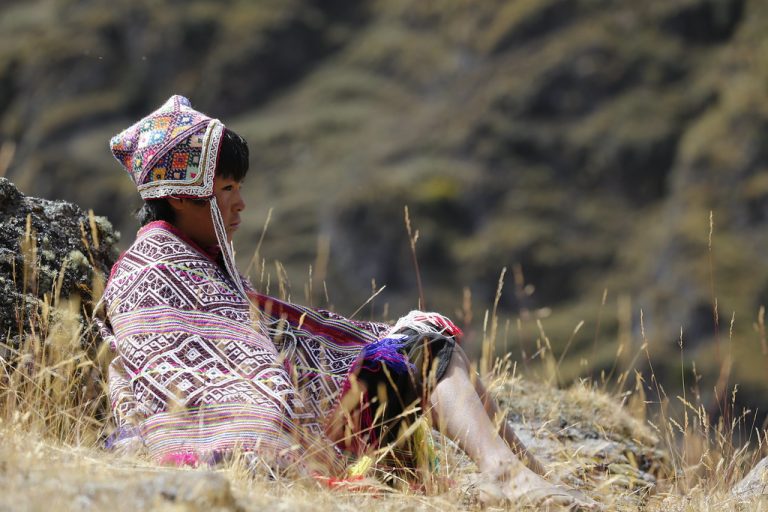
Protecting Indigenous Peoples’ Lands Essential to Curb Biodiversity Loss
22 October, 2020A “first-of-its-kind” study from the University of Queensland and the Wildlife Conservation Society has found that protecting Indigenous Peoples’ land is essential to combat global biodiversity loss.
Researchers overlaid habitat data for nearly 4,500 IUCN-assessed mammal species across mapped Indigenous lands. The team set out to create the first comprehensive analysis of species composition across Indigenous lands on a global scale, an area of research that has remained largely unknown, according to the authors.
The study found that more than 2,100 mammal species have 10 percent or more of their ranges in Indigenous Peoples’ land; approximately 14 percent of the total species tracked have more than half of their ranges within Indigenous lands.
“These results show just how important indigenous lands are for conservation of mammals,” said James Watson, senior author of the study. “As the biodiversity crisis accelerates, we must recognize that an essential ingredient to stopping the loss is greater recognition and support for Indigenous People’s rights to and relationships with their land.”
The study supports previous research showing that Indigenous Peoples should be considered central voices in environmental governance. A 2019 study found that greater collaborations involving Indigenous Peoples would provide a myriad of benefits for conserving ecologically valuable landscapes and ecosystems.
Approximately a quarter of the world’s land surface, home to a substantial amount of the world’s remaining biodiversity, is owned or managed by Indigenous Peoples. Recognizing Indigenous Peoples’ land rights and granting them formal legal titles to their forests is key to slowing forest loss, providing a significant boost to conservation efforts.
“Indigenous Peoples’ lands are important for the successful implementation of international conservation and sustainable development agendas,” says the study.
This story originally appeared in theplanetarypress.com and is republished here as part of Covering Climate Now, a global journalistic collaboration to strengthen coverage of the climate story.
Follow Sounds and Colours: Facebook / Twitter / Instagram / Mixcloud / Soundcloud / Bandcamp
Subscribe to the Sounds and Colours Newsletter for regular updates, news and competitions bringing the best of Latin American culture direct to your Inbox.

